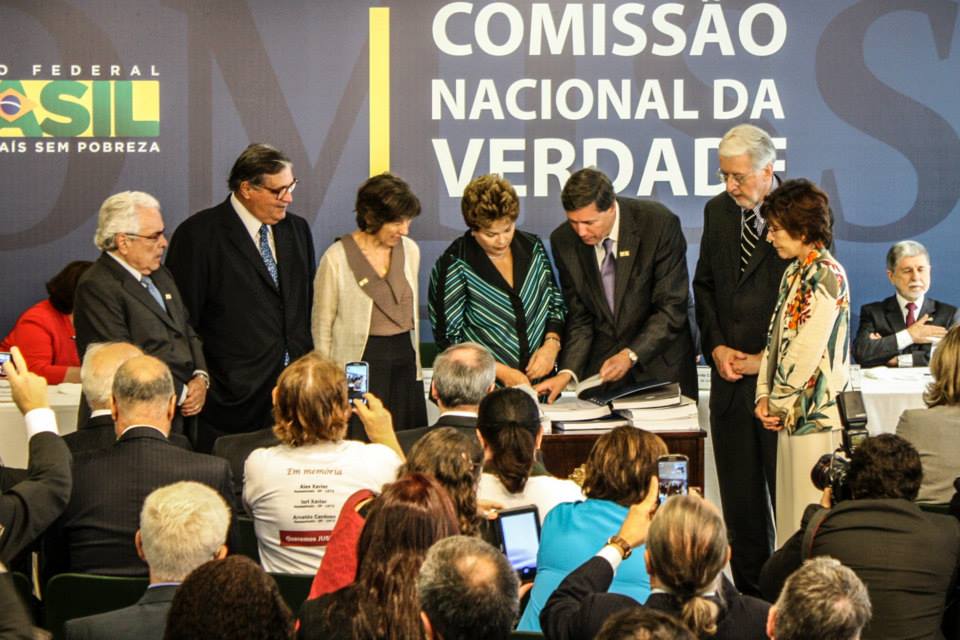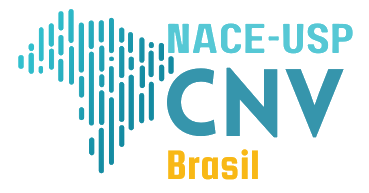Student hunt. Bloody Friday. Rio de Janeiro, 1968. Photography by Evandro Teixeira/IMS Collection

The National Truth Commission (CNV) was made up of seven advisors, by presidential appointment. It was composed throughout its entire period of operation – from May 16, 2012 to December 16, 2014 – by counselors José Carlos Dias, José Paulo Cavalcanti Filho, Maria Rita Kehl, Paulo Sérgio Pinheiro and Rosa Maria Cardoso da Cunha. Councilors Claudio Lemos Fonteles (resigned on September 2, 2013) and Gilson Langaro Dipp (requested leave for health reasons on April 9, 2013) were appointed to the initial composition, but left before the work was completed. . Councilor Pedro Bohomoletz de Abreu Dallari was appointed on September 3, 2013, and remained until the end.
The CNV's work was developed, under the coordination of these advisors, by a diligent group of advisors, consultants and researchers. This team was made up of public servants appointed to the CNV or seconded from other public administration bodies and researchers hired through the United Nations Development Program (UNDP), to which the CNV expresses its gratitude for the support provided. Also fundamental to the CNV's work was the collaboration of state, municipal and sectoral truth commissions installed throughout the country, with which the CNV signed technical cooperation agreements.
access the reports
Reports
Report
Click to download each of the Volumes
Report in Spanish
Translation into Spanish of parts of the Report of the Brazilian National Truth Commission, conducted by members of the Brazilian Studies Center, from the University of Salamanca (Spain).
Report in French
French translation of Chapter XVIII – Conclusions and Recommendations. This translation makes up the publication “Docuenter les violences: Usages publics du passé dans la justice transitionnelle”, organized by Camille Goirand and Angélica Müller. DOI: 10.4000/books.iheal.8788
